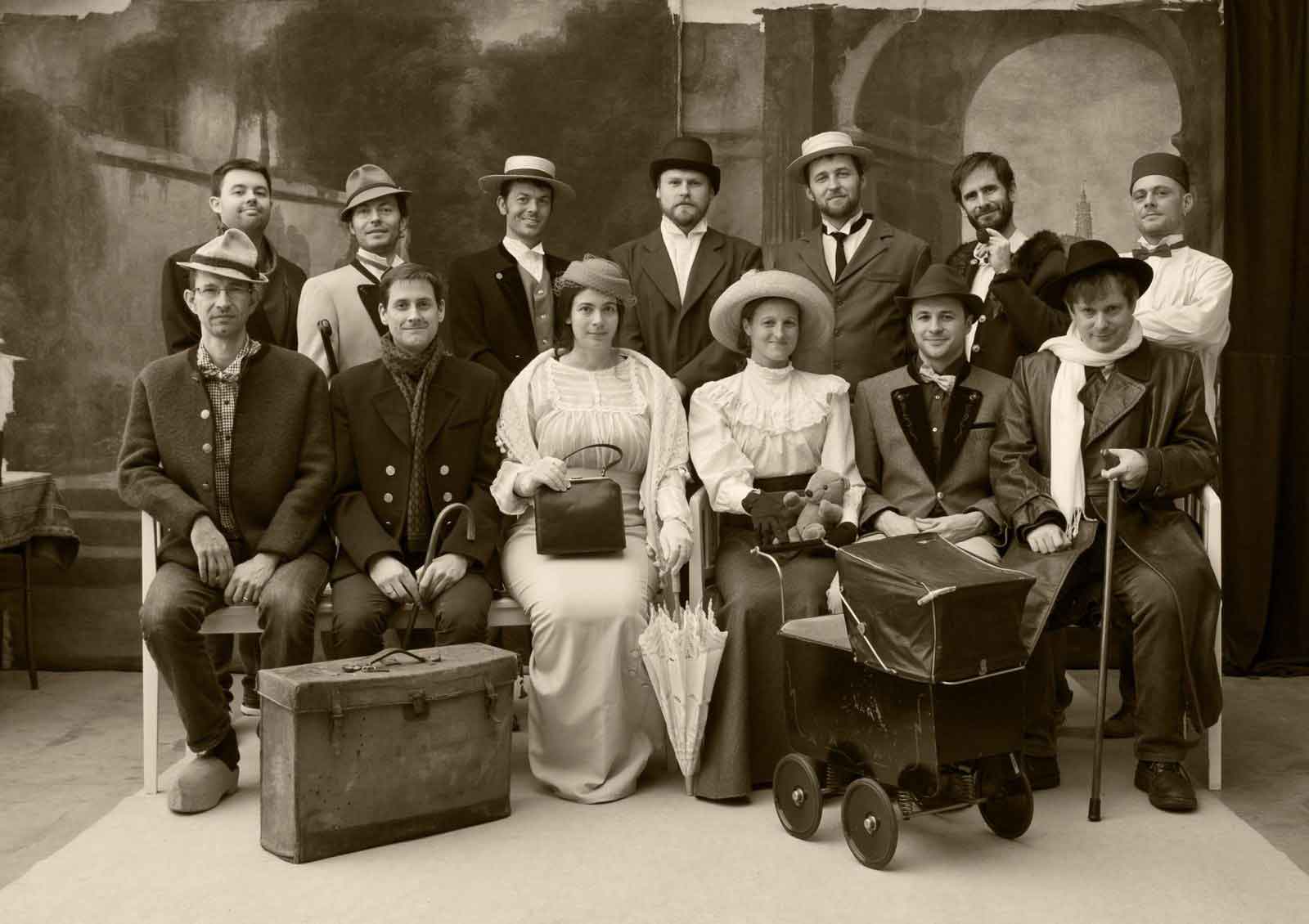Evomics
The Evomics series of workshops takes place in the beautiful UNESCO world heritage town of Çeský Krumlov in the Czech Republic. Michael has directed and contributed to two of the Evomics workshops, the Workshop on Population and Speciation Genomics and the Workshop on Molecular Evolution. Each Evomics workshop has a duration of two weeks.
 Workshop on Population and Speciation Genomics
Workshop on Population and Speciation Genomics
The biennial Workshop on Population and Speciation Genomics consists of a series of lectures, demonstrations, and computer laboratories that cover theory and practice of population and speciation genomics analyses. This workshop brings together renowned faculty members and participants from around the globe, to study and discuss current ideas and techniques for the analysis of genomic data on the level of populations and closely related species. It is aimed at researchers at the PhD or postdoc level. Michael has been part of an international team of co-directors since 2016, and teaches certain topics at this workshop, including the multi-species coalescent and species-tree inference. The workshop has been attended by over 240 participants since 2016.
Workshop on Molecular Evolution
The Workshop on Molecular Evolution has long been one of the most renowned workshops in the field, dating back to 1988 when it was first held at the Marine Biological Laboratory in Woods Hole, USA. The then director of this workshop established a European version of it in 2009, which Michael attended as a participant in its first year. Michael became a director of the European Workshop on Molecular Evolution in 2015 together with Walter Salzburger and taught the topics of sequence alignment and maximum-likelihood inference. After 2015, the European Workshop on Molecular Evolution was replaced by the biennial Workshop on Phylogenomics and the Workshop on Population and Speciation Genomics.